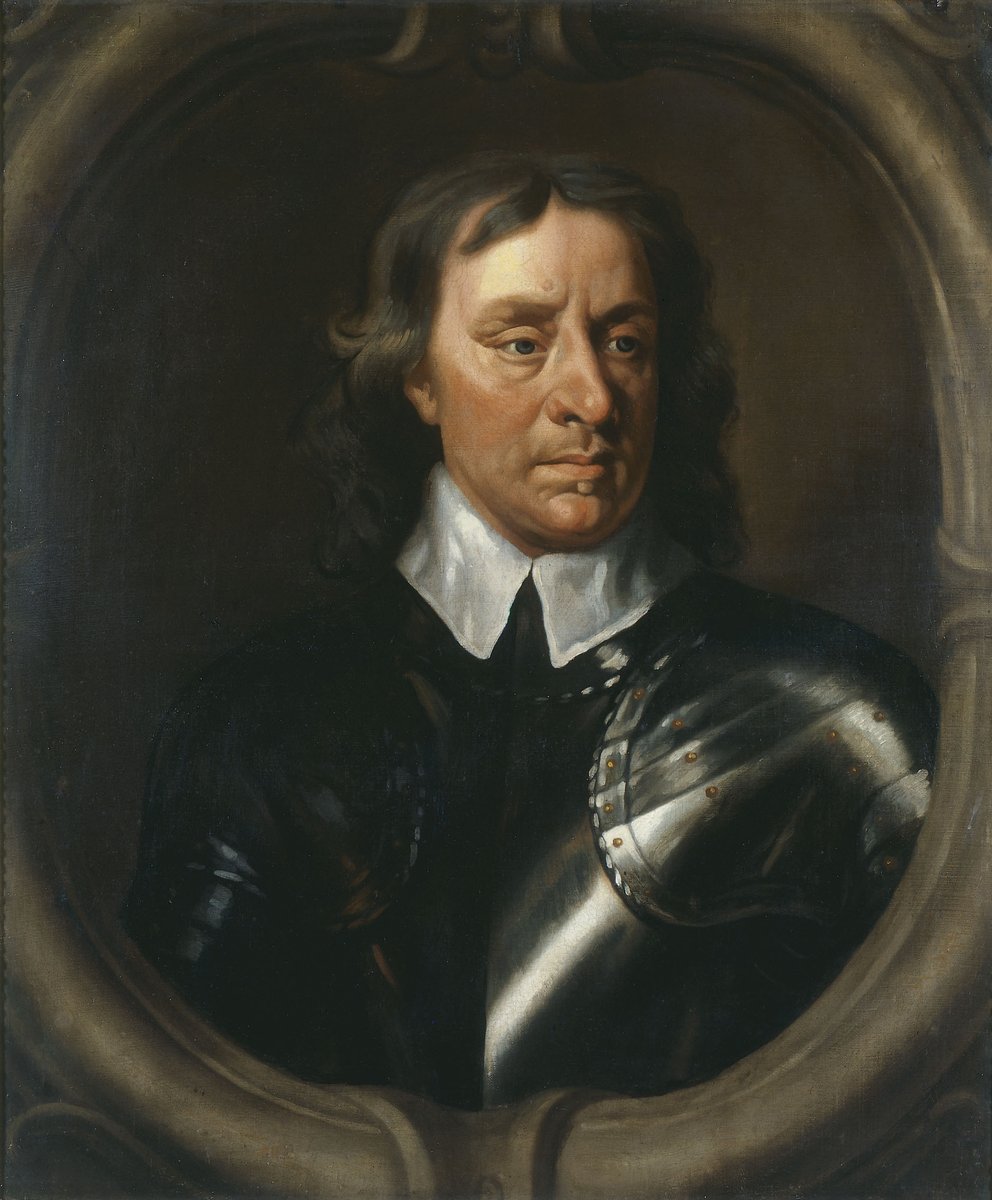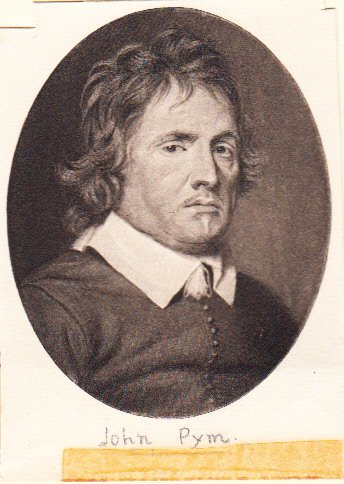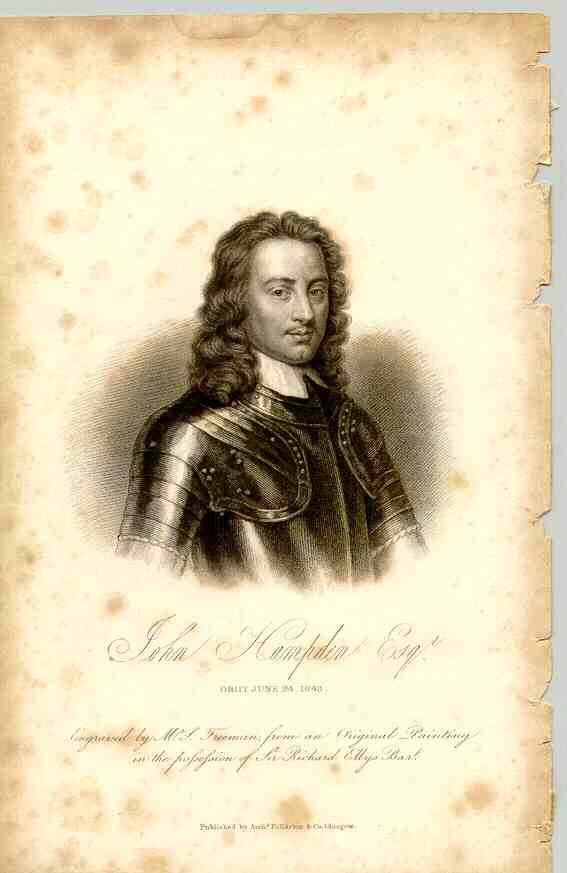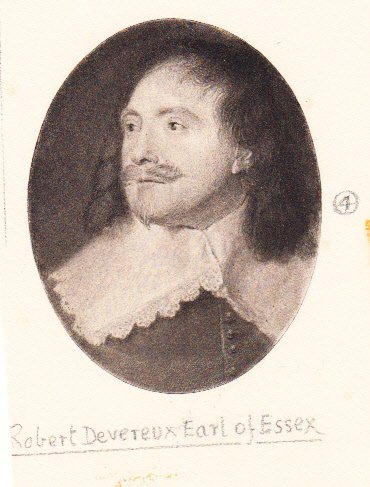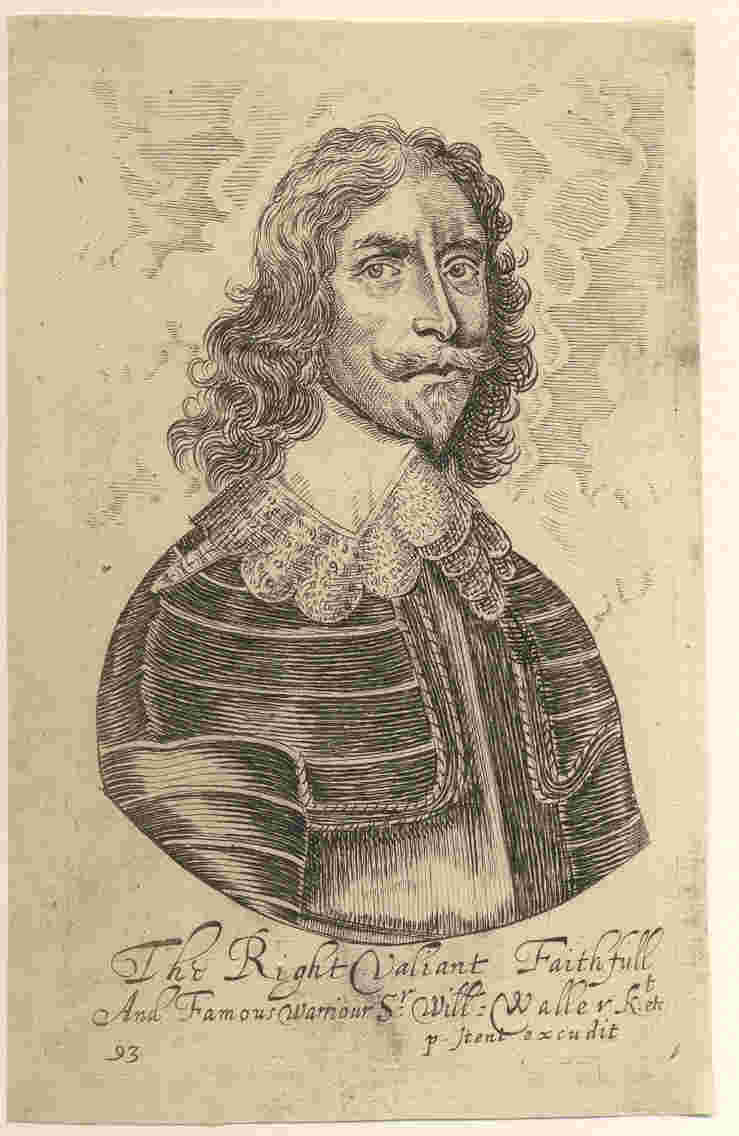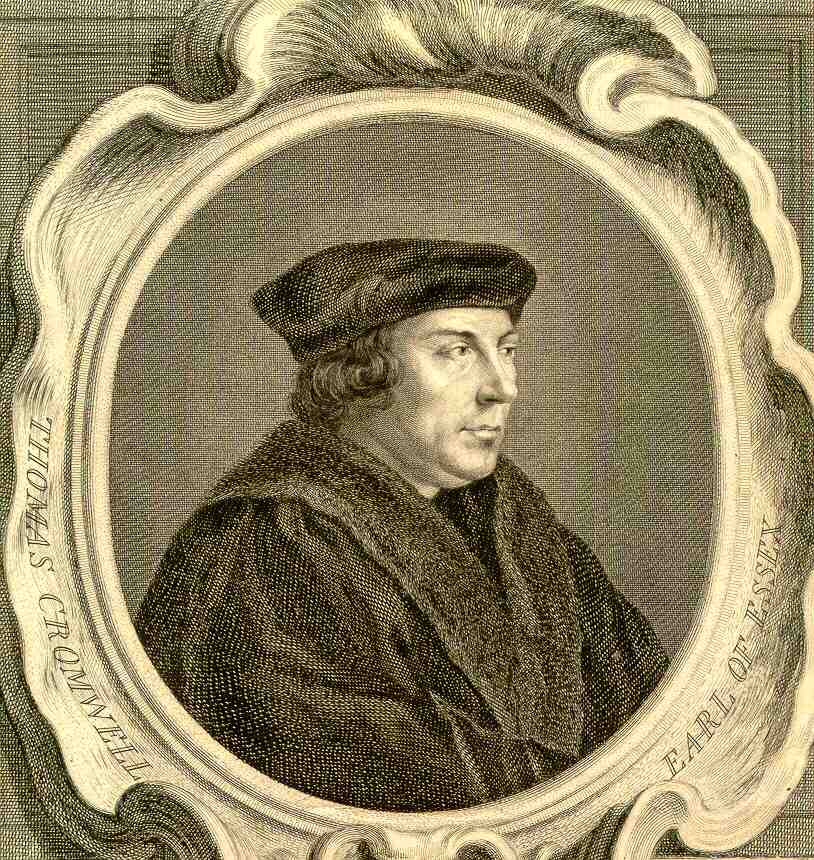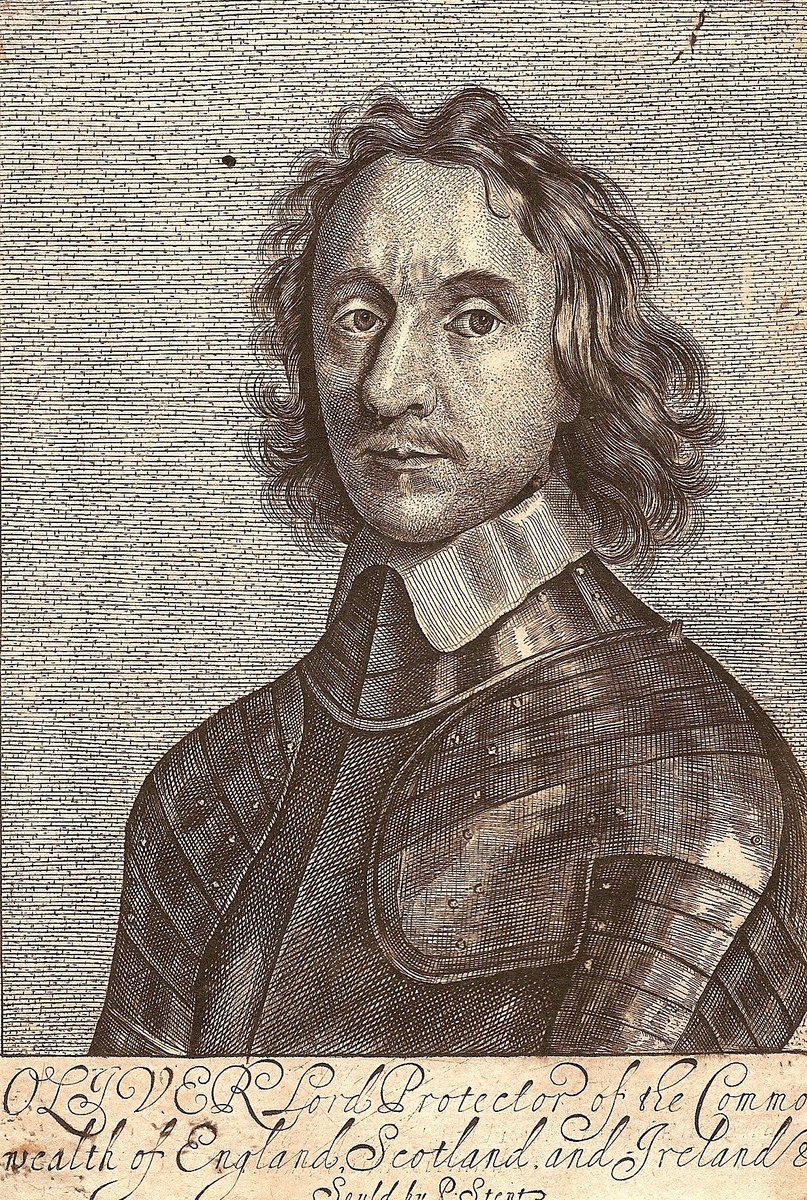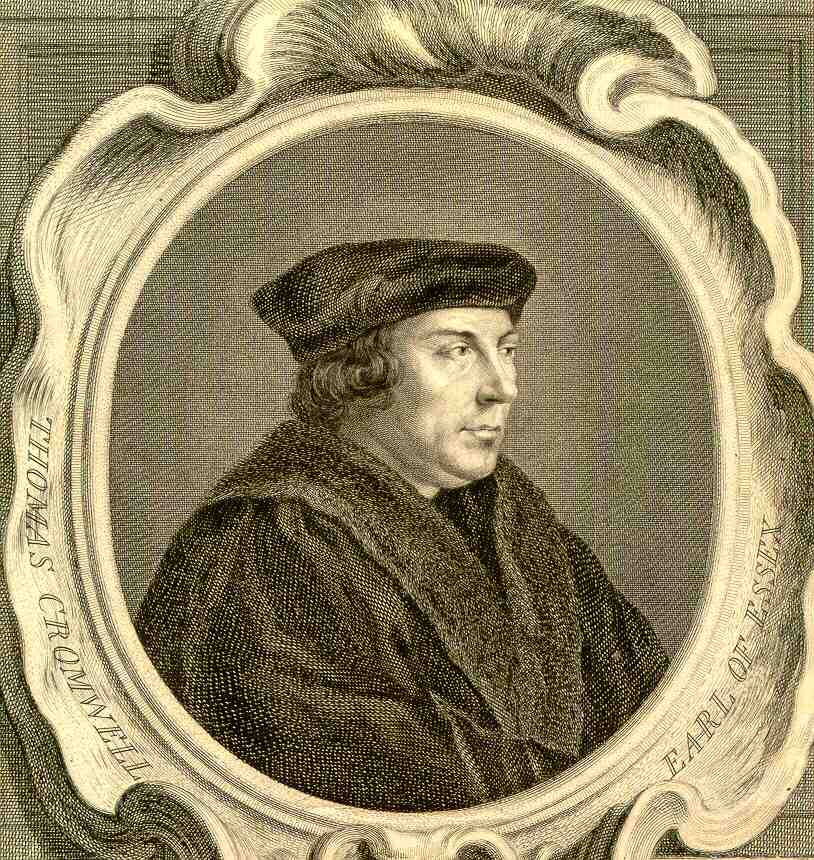One of our followers asked last week about the different English Parliaments in the 1640s/50s - it can get very confusing, so here's a simple(ish) guide to the different ones - also follow our friends at @HistParl for more information too! 😀
#17thCentury #Parliament Thread 1/10
#17thCentury #Parliament Thread 1/10

Charles I dismissed Parliament in 1629, ruling without it for 11 years. Embroiled in the Bishop's Wars with Scotland he recalled Parliament in February 1640. Members used it to air their grievances, so Charles dismissed it after 3 weeks - so becoming the 'Short Parliament'. 2/10 

Still in need of money Charles was forced to call Parliament again in November 1640. This would become the 'Long Parliament', which stipulated it could only be dissolved with its own consent. Technically it sat in some form until March 1660! 3/10 

About a third of MPs and many of the Lords supported the Royalist cause during the Civil War which broke out in 1642. In January 1644 King Charles summoned his rival 'Oxford Parliament' in the Royalist capital, which met in two sessions until March 1645. 4/10 

In the meantime the remainder of the 'Long Parliament' met in London. After two civil wars divisions in Parliament, particularly with its army, led to a purge of Presbyterian MPs and Lords hostile to putting Charles I on trial in 'Pride's Purge' on 6 December 1648. 5/10 

The remainder of MPs and Lords became known as the 'Rump Parliament', which put the King on trial and legislated as a republic until 1653. Refusing to dissolve or find a new constitutional settlement, the 'Rump' was expelled by Oliver Cromwell in a coup on 20 April 1653. 6/10 

The army's Council of Officers appointed a new 'Nominated Assembly', nicknamed the 'Barebones Parliament' after one of its most notorious members, 'Praise-God' Barebones. Riven by in-fighting it dissolved in December 1653 in favour of the Protectorate. 7/10 

Under the Lord Protectors, 3 Protectorate Parliaments were called - two by Oliver Cromwell (1654-5 & 1656-8) and one by his son Richard (1659). In May 1659 Richard was forced to renounce his position by the army and members of the 'Rump Parliament' were restored. 8/10 



In the chaos and disagreement that followed the fall of the Protectorate, George Monck, commander of the English troops in Scotland, marched south and put pressure for members excluded in 1648 to be allowed back, thus restoring the 'Long Parliament' in February 1660. 9/10 
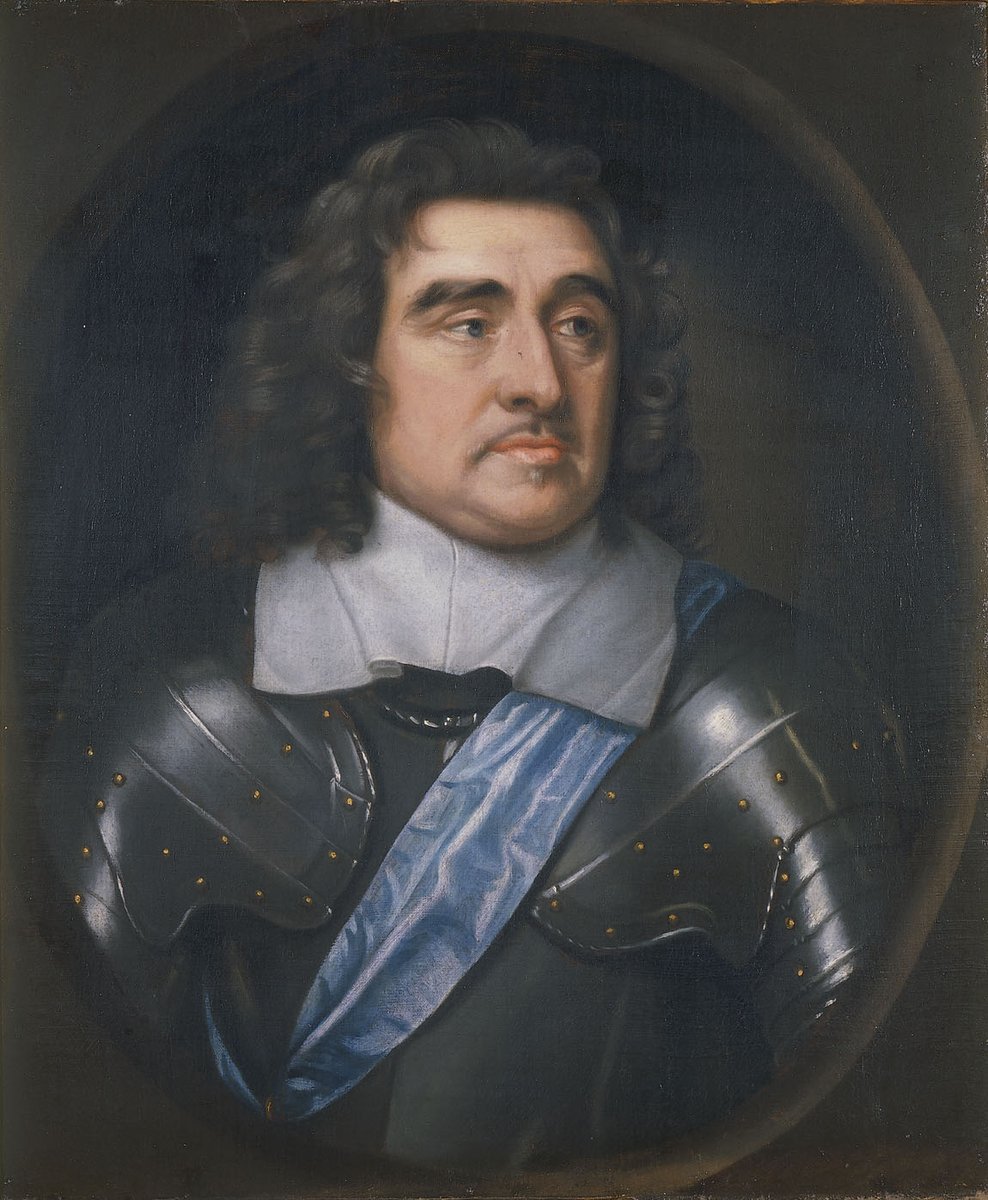
The 'Long Parliament' finally dissolved itself in March 1660 for fresh elections for the 'Convention Parliament', which formally invited Charles II back passing legislation necessary for the Restoration of the Monarchy.
Phew! You can see why people can get confused!!😳 END 10/10
Phew! You can see why people can get confused!!😳 END 10/10

• • •
Missing some Tweet in this thread? You can try to
force a refresh










